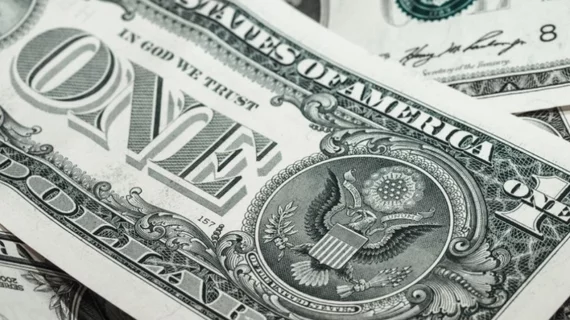KKR completes $9.9B purchase of Envision
Private equity firm KKR has completed its acquisition of Envision Healthcare Corporation for a deal valued at $9.9 billion. The deal was previously announced in June.
Envision, a physician-led services and post-acute care and ambulatory surgery services provider, is now a wholly owned subsidiary of KKR. Envision stockholders will receive $46 per share of Envision common stock under terms of the deal. The company’s stock ceased trading on the New York Stock Exchange Friday as KKR took Nashville, Tennessee-based Envision private.
Envision had merged with Amsurg in 2016, making the entity a major healthcare provider in the nation. KKR also originally considered entering into the deal with for-profit hospital giant HCA Healthcare to potentially purchase the ambulatory surgery business, AmSurg, but HCA was not involved in the final deal.
The deal underscores the high-level interest from private equity in the healthcare space. Over the last several years, the industry has seen an influx of private equity investors looking for ways to add value to healthcare companies of all types. This rising interest has also helped valuations in the space rise rapidly.

